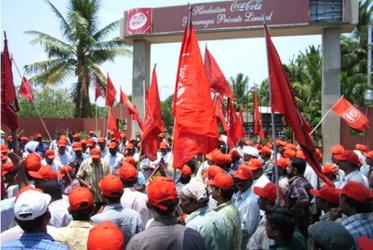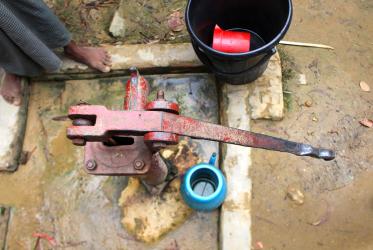Displaying 1 - 20 of 22
HIV and AIDS Civil Society Networks and the Faith Sector
Lessons Learnt from Strategic Engagement in India, Dominican Republic, Indonesia, and Jamaica
31 January 2023
Groundwater is “a political question”
27 April 2022
Defending the ‘blue soul of life’
08 April 2021

















